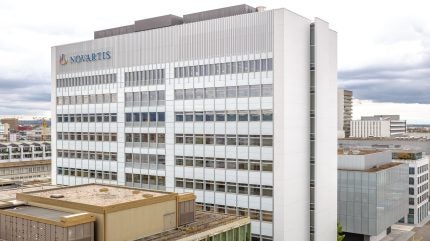
The European Commission (EC) has granted approval to Novartis’ Kisqali (ribociclib), plus an aromatase inhibitor to treat early breast cancer patients.
The combination is intended for the adjuvant treatment of high-risk, hormone receptor-positive, human epidermal growth factor receptor 2 (HER2)-negative breast cancer.

Discover B2B Marketing That Performs
Combine business intelligence and editorial excellence to reach engaged professionals across 36 leading media platforms.
The EC’s decision stems from the outcomes of the pivotal global Phase III NATALEE trial, which evaluated the safety and efficacy of Kisqali plus endocrine therapy against endocrine therapy alone in subjects with stage II and III HR+/HER2- early breast cancer.
The trial comprised 5,101 subjects across 20 countries. It demonstrated a 25.1% decrease in the disease recurrence risk, with the invasive disease-free survival (iDFS) benefit observed to be consistent across all subject subgroups.
The primary endpoint was iDFS as defined by the Standardized Definitions for Efficacy End Points (STEEP) criteria.
The EC approval follows the US Food and Drug Administration’s recent approval of Kisqali for the same indication.

US Tariffs are shifting - will you react or anticipate?
Don’t let policy changes catch you off guard. Stay proactive with real-time data and expert analysis.
By GlobalDataThe National Comprehensive Cancer Network Clinical Practice Guidelines in Oncology also recommended the therapy as a Category 1 preferred adjuvant treatment for breast cancer.
Novartis developed the therapy under a research partnership with Astex Pharmaceuticals.
Novartis Europe president Iris Zemzoum stated: “Breast cancer recurrence can be a lifelong concern for those living with the disease. Patients deserve access to treatment options that help minimise the risk of their cancer coming back and put their minds at ease.
“We are proud of this approval, which will help to address a key unmet need and improve health outcomes for a broader population of patients in Europe.”
The company’s recent development includes the acquisition of San Diego-based Kate Therapeutics in a $1.1bn deal.




